Jet lag is a temporary sleep disorder that occurs when a person travels rapidly across multiple time zones. This rapid shift in time zones disrupts the body's natural circadian rhythm, which is the internal clock responsible for regulating sleep and wakefulness. The misalignment between the internal clock and the external environment can lead to a range of symptoms that impact a person's physical and cognitive well-being.
Common Symptoms
Jet lag symptoms can vary from person to person, but some of the most common manifestations include:
- Insomnia or difficulty falling asleep at night
- Daytime fatigue and drowsiness
- Difficulty concentrating and impaired cognitive function
- Gastrointestinal issues, such as constipation or diarrhea
- General malaise or feeling unwell
- Mood disturbances, such as irritability, anxiety, or depression
These symptoms can persist for several days, and their severity is often dependent on the number of time zones crossed and the individual's ability to adapt to the new environment.
Importance of Addressing Jet lag for Overall Health
Jet lag is not just an inconvenience; it can have significant implications for a person's overall health and well-being. Research has shown that chronic disruption of the circadian rhythm, such as that experienced by frequent travelers or shift workers, can increase the risk of developing various health conditions, including cardiovascular disease, diabetes, and obesity. Furthermore, jet lag can compromise the immune system, making individuals more susceptible to infections.
In addition to the physical health consequences, jet lag can also negatively impact cognitive function and mental health. Prolonged sleep disruption has been linked to reduced productivity, impaired decision-making, and an increased risk of mood disorders, such as anxiety and depression.
Given these potential consequences, it is essential to address jet lag and prioritize sleep and self-care when traveling across time zones. The following sections will provide expert advice and science-backed strategies for conquering time zone fatigue and maintaining optimal health during your travels.
The Science Behind Jet lag

The circadian rhythm is a biological process that operates on a roughly 24-hour cycle, regulating various physiological functions, including sleep and wakefulness. This internal clock is primarily controlled by a group of cells located in the hypothalamus, known as the suprachiasmatic nucleus (SCN). The SCN responds to environmental cues, such as light and temperature, to synchronize the body's internal processes with the external day-night cycle.
The circadian rhythm plays a crucial role in determining when we feel awake and when we feel sleepy. It does this by influencing the production of various hormones and neurotransmitters, such as melatonin, which promotes sleep, and cortisol, which promotes alertness. During the day, exposure to natural light suppresses melatonin production, keeping us awake and alert. As evening approaches and light levels decrease, melatonin production increases, signaling to the body that it is time to sleep.
When we travel across multiple time zones, the external day-night cycle shifts abruptly, causing a misalignment between the body's internal clock and the new local time. This misalignment is the primary cause of jet lag symptoms. Our brain takes time to adjust to the new light-dark cycle, and until it does, the body continues to operate on its original schedule.
The human body is capable of adjusting its circadian rhythm to a new time zone, but the process is gradual. Research suggests that it takes approximately one day for every time zone crossed for the body to fully adapt. During this adjustment period, the suprachiasmatic nucleus gradually shifts its timing in response to the new light-dark cycle, helping to realign the body's internal processes with the external environment.
The severity of jet lag symptoms is directly proportional to the number of time zones crossed during travel. The greater the time difference between the original location and the destination, the more significant the disruption to the body's circadian rhythm and the longer the adjustment period.
The direction of travel also plays a role in the severity of jet lag. Generally, traveling eastward tends to cause more severe jet lag than traveling westward. This is because traveling east shortens the day, making it more challenging for the body to adjust its internal clock. In contrast, traveling west lengthens the day, which is more in line with the body's natural tendency to have a slightly longer than 24-hour cycle.
Individual factors, such as age, genetics, and personal habits, can also influence the severity of jet lag and the ability to adapt to a new time zone. Older adults may have a more challenging time adjusting their circadian rhythms, while some people may have a genetic predisposition that makes them more resistant to jet lag. Additionally, individuals with consistent sleep habits and overall good sleep hygiene may experience less severe jet lag symptoms.
Reducing Jet lag Symptoms

Before Travel
- Gradually adjusting sleep schedule: In the days leading up to your trip, gradually shift your sleep schedule to align with the destination's time zone. For eastward travel, start going to bed and waking up earlier, while for westward travel, do the opposite. This incremental adjustment will help ease the transition and reduce the severity of jet lag symptoms.
- Hydration and nutrition: Staying well-hydrated and consuming a balanced diet rich in vitamins and minerals can help support the body's natural circadian rhythm and promote overall health. Dehydration can exacerbate jet lag symptoms, so be sure to drink plenty of water before, during, and after your flight. Additionally, consuming meals at regular times in accordance with the destination's time zone can help signal your body to adjust its internal clock.
- Exercise and relaxation techniques: Regular exercise and relaxation techniques, such as deep breathing exercises or meditation, can help reduce stress and improve sleep quality. Incorporating these practices into your pre-travel routine can help prepare your body and mind for the upcoming time zone shift.
During Travel
- Choosing appropriate flight times: Whenever possible, select flight times that allow you to arrive at your destination in the early evening. This can make it easier to stay awake until a reasonable bedtime in the new time zone, helping to promote a quicker adjustment to the local schedule.
- In-flight strategies to promote sleep and reduce stress: To maximize sleep quality during your flight, consider using noise-canceling headphones, an eye mask, or a neck pillow for added comfort. Additionally, practice relaxation techniques, such as deep breathing or meditation, to help reduce stress and promote a sense of calm.
- Minimizing alcohol and caffeine intake: While it may be tempting to indulge in caffeinated beverages or alcoholic drinks during your flight, both substances can disrupt sleep and exacerbate jet lag symptoms. Opt for water, herbal tea, or other non-caffeinated beverages to stay hydrated and promote optimal sleep.
Post-travel Recovery
- Establishing a new sleep schedule: Upon arrival at your destination, try to establish a regular sleep schedule as soon as possible. Going to bed and waking up at consistent times, even on the first day, can help expedite the adjustment to the new time zone. Resist the urge to nap during the day, as this can prolong the adjustment period.
- Exposure to natural light: Exposure to natural light is a powerful cue for the body's internal clock. Spending time outdoors during daylight hours can help signal your body to adjust its circadian rhythm to the new time zone. Additionally, avoid exposure to bright screens and artificial light in the evening, as this can interfere with melatonin production and disrupt sleep.
- Sleep aids and supplements: In some cases, sleep aids or supplements may be helpful in managing jet lag symptoms. Melatonin supplements, for example, can help regulate sleep-wake cycles and promote sleep. However, it is essential to consult with a healthcare professional before using any sleep aids or supplements to ensure they are appropriate for your individual needs and circumstances.



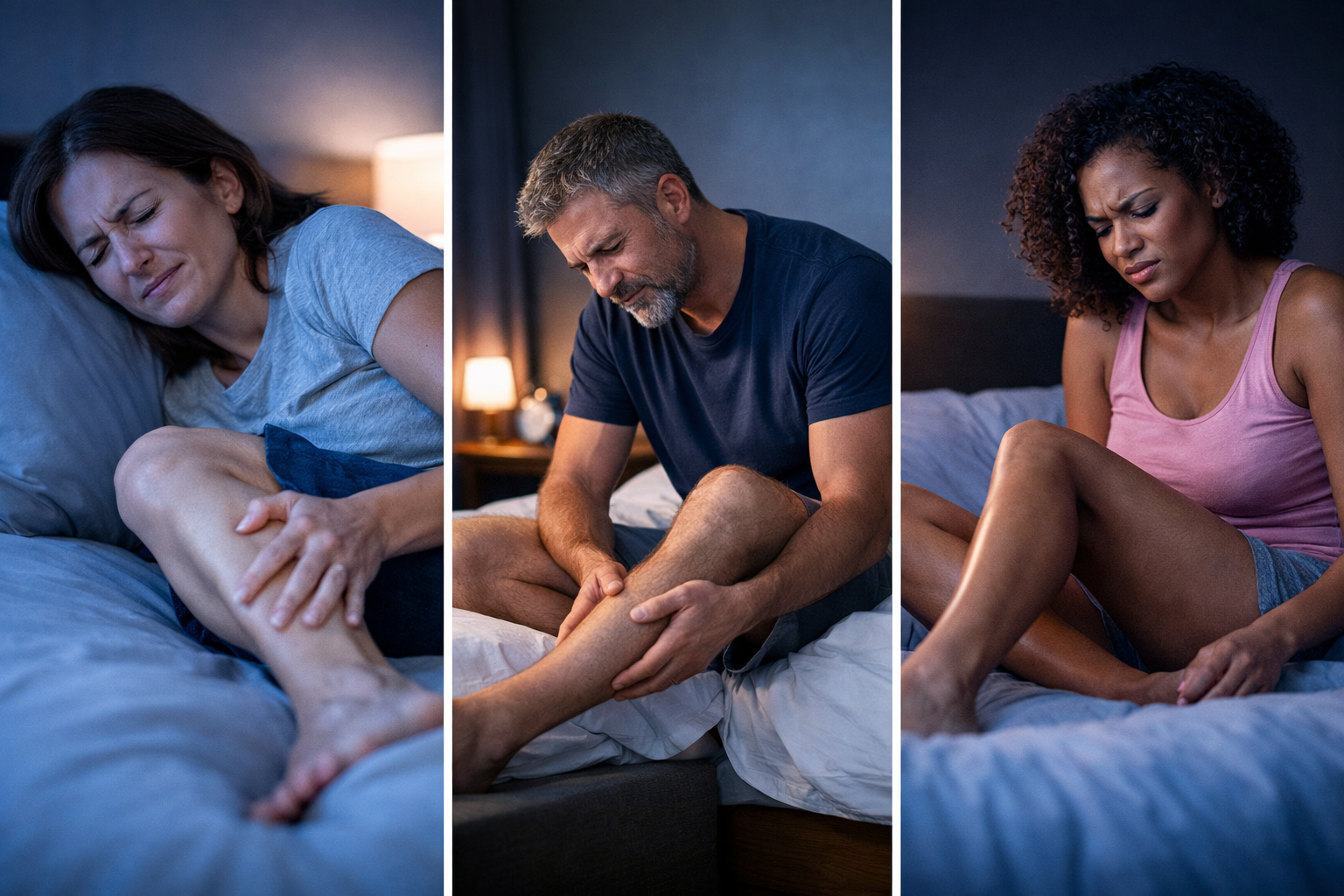






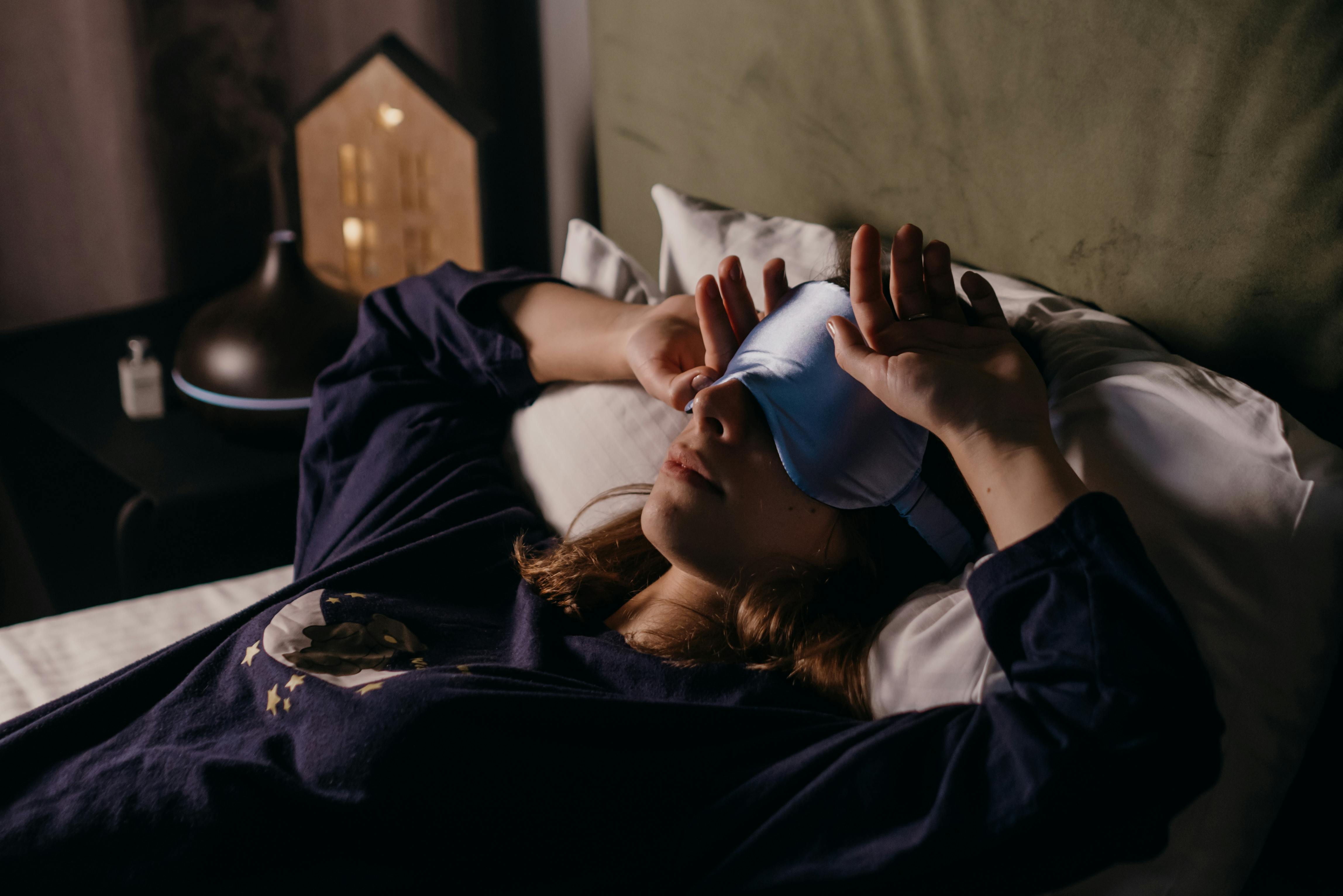












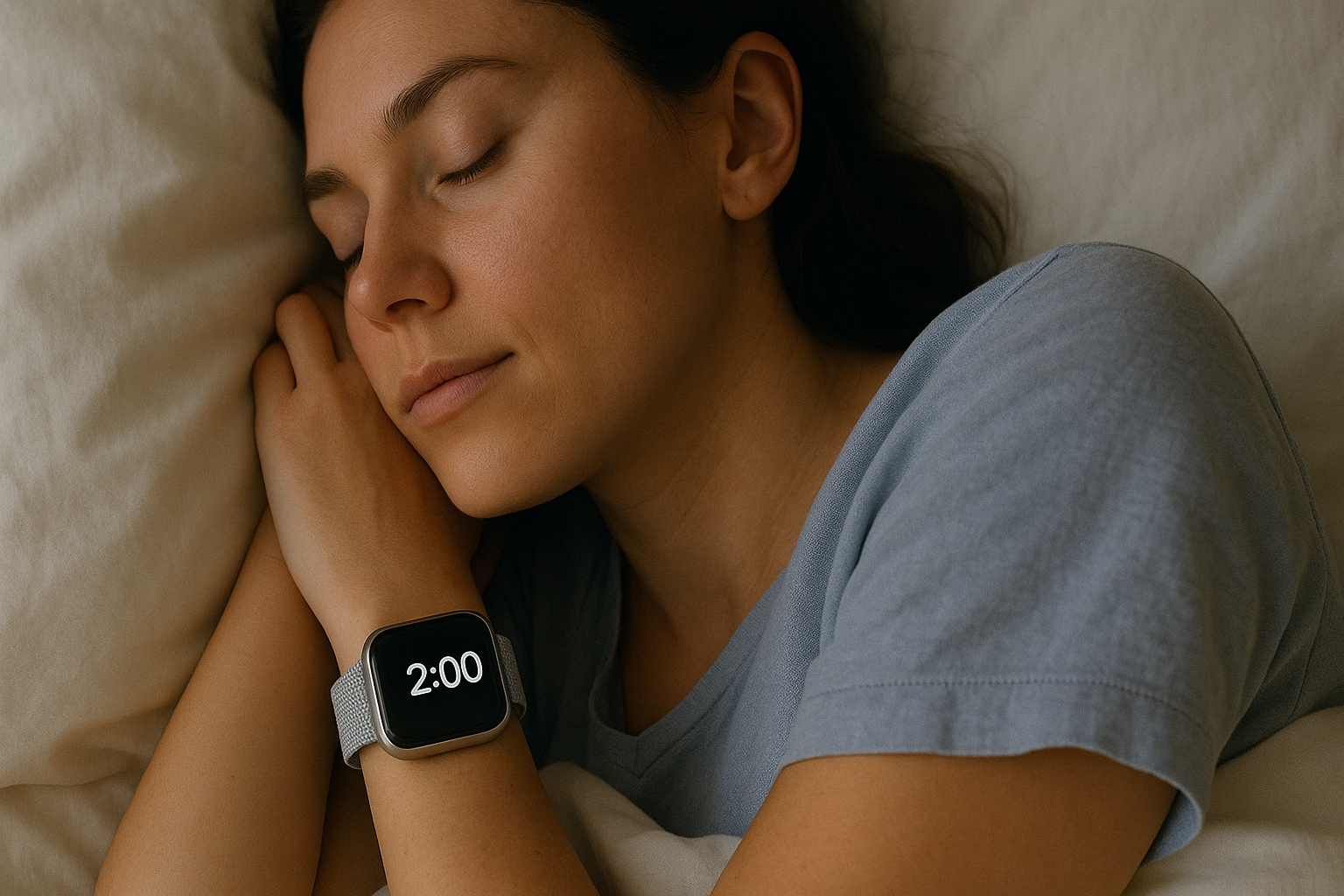


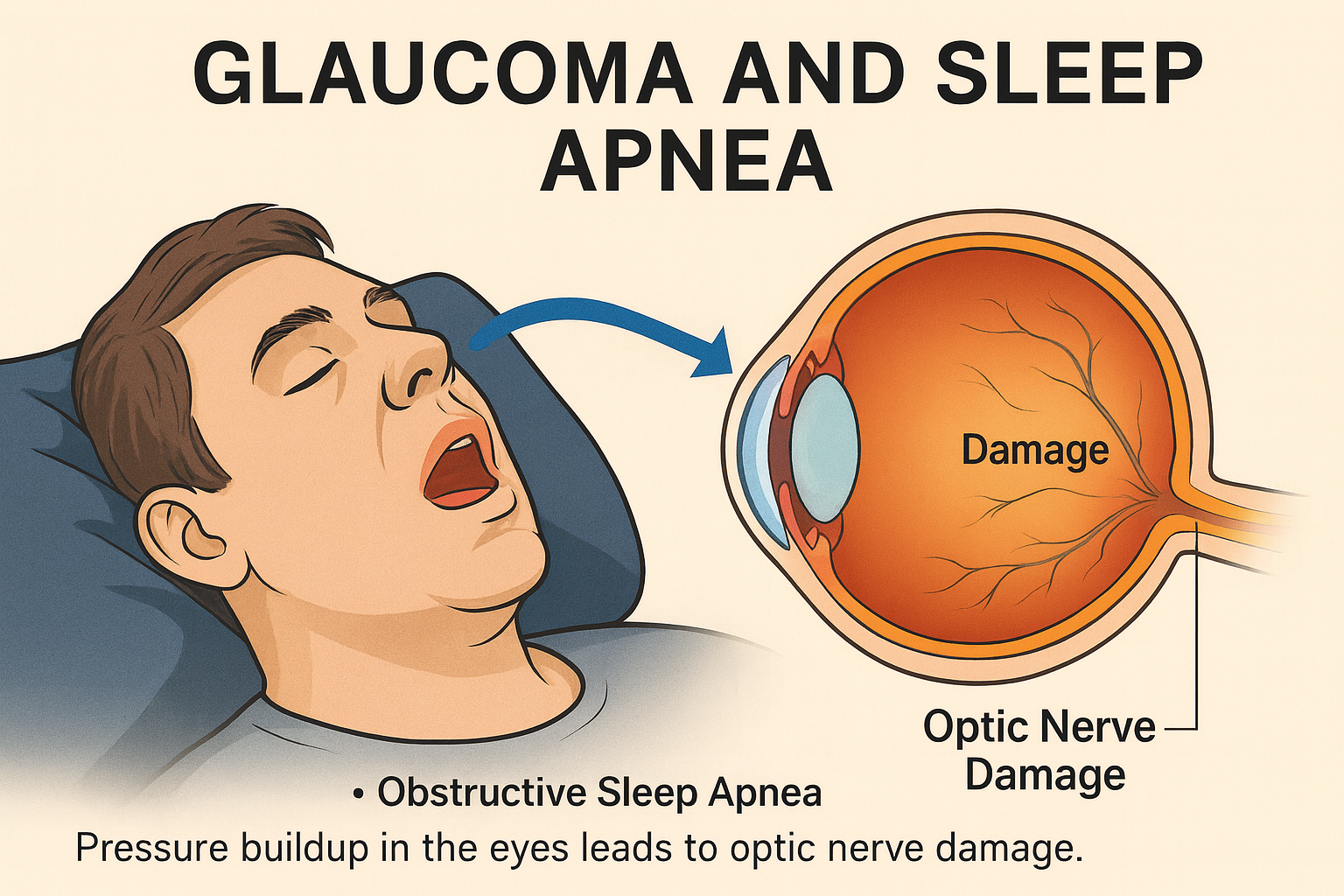

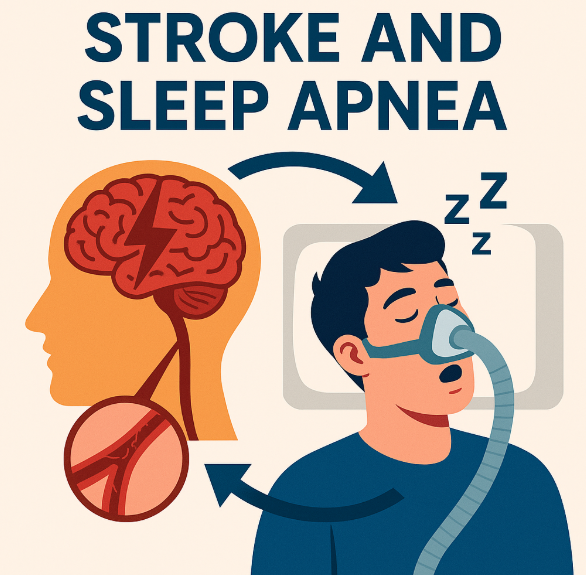
































































%20thumbnail.jpg)
.png)